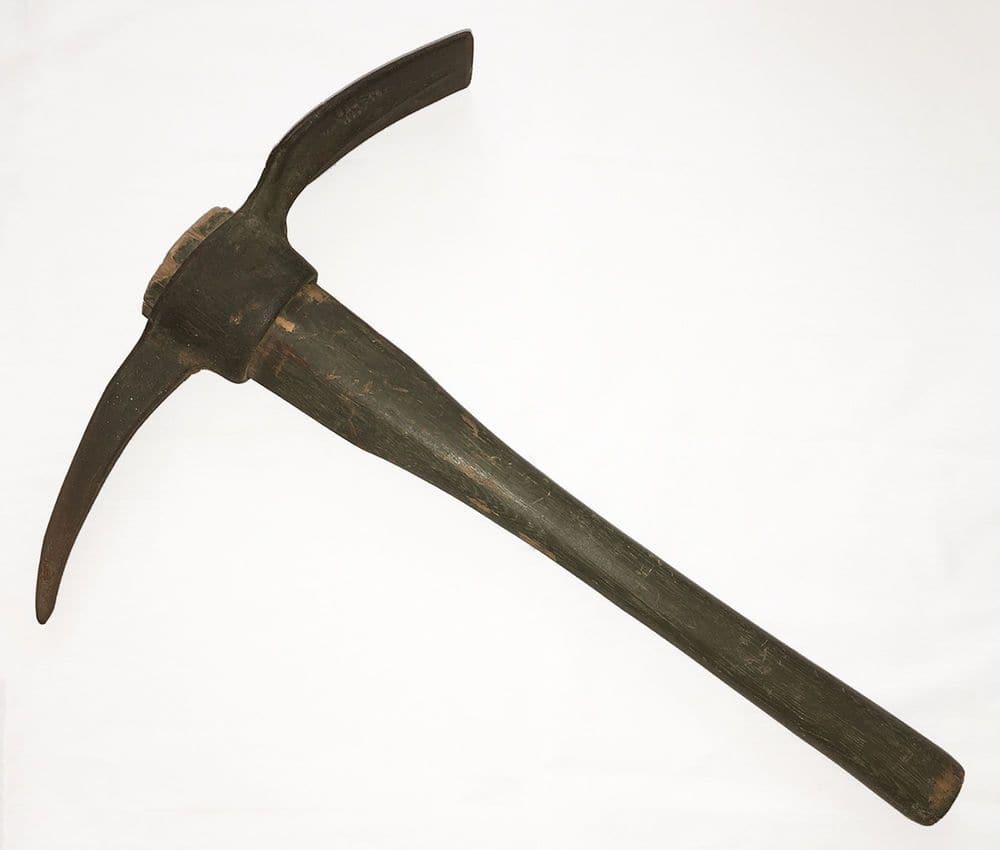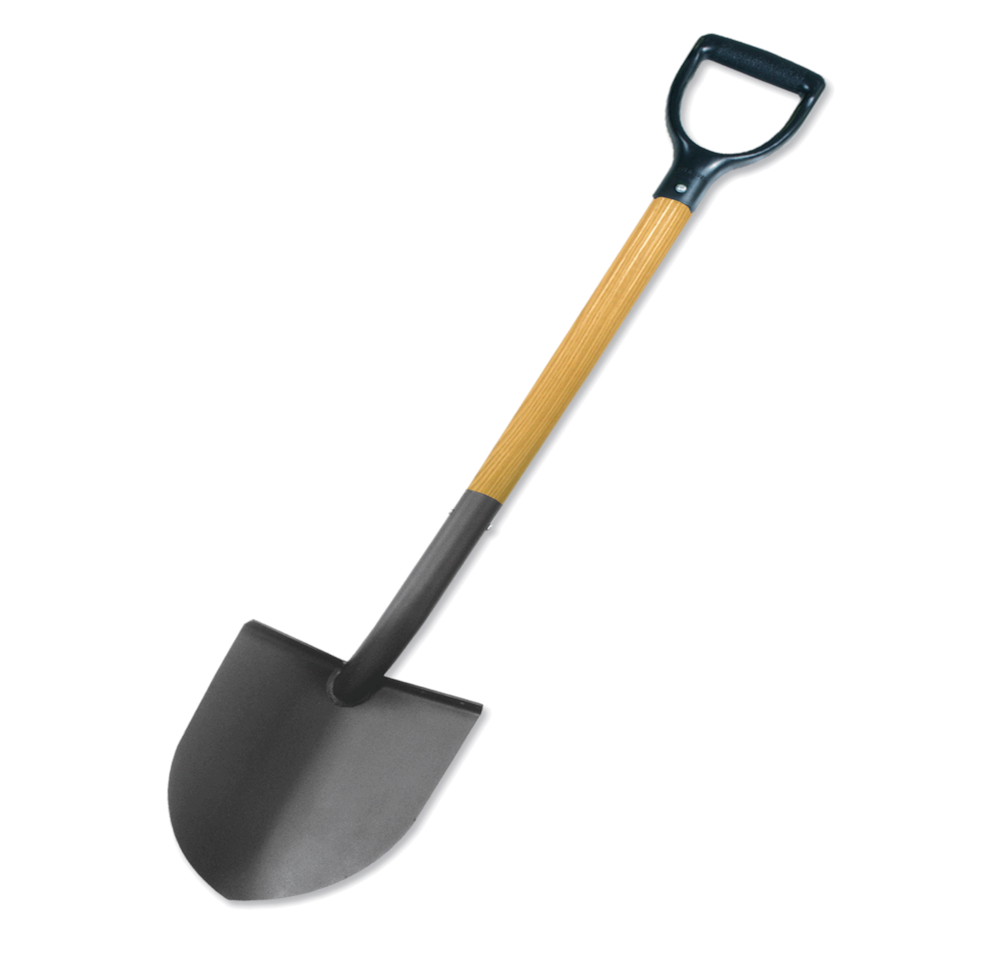The Ultimate Guide To Farmers Equipment Names: Tools For Modern Agriculture
Farmers have always relied on tools and machinery to aid them in cultivating the land, planting crops, and raising livestock. In today's modern world, agricultural equipment has evolved significantly, offering advanced solutions for farming challenges. Knowing the right tools and their names can be a game changer for anyone involved in agriculture, whether you're a seasoned farmer, an aspiring agriculturalist, or simply curious about the backbone of the food industry.
Understanding the names and uses of various farming equipment is not just beneficial for operational efficiency but is also a key to staying competitive in the dynamic agricultural industry. From traditional hand tools to cutting-edge machinery, farmers' equipment plays an essential role in ensuring productivity and sustainability. This guide will walk you through the most common and specialized equipment names, their uses, and the value they bring to modern farming practices.
Whether you're exploring plows, tractors, seed drills, or irrigation systems, this article covers all the essential equipment used in agriculture today. We'll also dive into frequently asked questions and provide insights on how to choose the right tools for specific farming needs. So, grab your boots, and let’s get into the world of farmers' equipment names!
Read also:Scrumptious Doughnut Delights Discover The Array Of Sweet Treats
Table of Contents
- What is the Importance of Farmers Equipment?
- Traditional vs Modern Farm Equipment
- How Do Tractors Revolutionize Farming?
- Plows: Types and Their Uses
- Seed Drills and Their Role in Planting
- Harvesters: A Modern Farmer's Best Friend
- Irrigation Machinery: Names and Functions
- What Are Common Hand Tools Used in Farming?
- Fertilizer Spreaders and Sprayers
- Equipment for Livestock Management
- How Do Farmers Maintain Equipment?
- Specialized Machinery for Sustainable Farming
- Safety Equipment for Farmers
- Frequently Asked Questions (FAQs)
- Conclusion
What is the Importance of Farmers Equipment?
Farmers' equipment is the backbone of agriculture, making tasks more efficient, less labor-intensive, and more productive. These tools and machinery allow farmers to cultivate large areas of land, plant crops systematically, and harvest efficiently. Without the right equipment, farming would revert to tedious, time-consuming manual labor, limiting output and increasing costs.
Modern farmers' equipment also plays a crucial role in precision agriculture. With advancements in technology, machines like GPS-enabled tractors and automated harvesters allow farmers to optimize resource usage, reduce waste, and maximize yields. Additionally, these tools contribute to environmental sustainability by minimizing the overuse of water, fertilizers, and pesticides.
Another significant aspect is the economic impact. High-quality equipment reduces downtime, minimizes maintenance costs, and boosts overall productivity. This, in turn, translates to better profitability for farmers. Moreover, the ability to use advanced machinery gives farmers a competitive edge in the global agricultural market. Clearly, the importance of farmers' equipment cannot be overstated.
Traditional vs Modern Farm Equipment
The evolution of farming equipment from traditional hand tools to modern machinery is a testament to human ingenuity. Traditional tools like sickles, hoes, and wooden plows were once the cornerstone of agriculture, requiring immense physical effort and time. While these tools are still in use in some regions, they have significant limitations in terms of efficiency and scalability.
Modern equipment, on the other hand, includes advanced machinery like tractors, combine harvesters, and GPS-enabled sprayers. These tools not only reduce labor but also improve accuracy, speed, and productivity. For example, a modern combine harvester can perform the tasks of reaping, threshing, and winnowing in a single operation, saving both time and energy.
Despite the advantages of modern equipment, traditional tools still hold value, especially for small-scale farmers and in regions where advanced machinery is inaccessible or unaffordable. The key is to find a balance and choose equipment that meets specific farming needs and circumstances.
Read also:Bold Lip Makeup Looks That Will Turn Heads Discover Bold Lipsticks
How Do Tractors Revolutionize Farming?
Tractors are arguably the most iconic piece of farming equipment, symbolizing the leap from manual labor to mechanized agriculture. These versatile machines are designed to perform a wide range of tasks, from plowing and tilling to planting and harvesting. But how exactly do they revolutionize farming?
What Are the Different Types of Tractors?
Tractors come in various types, each designed for specific tasks:
- Utility Tractors: Versatile and suitable for general farm tasks like plowing and hauling.
- Row Crop Tractors: Designed for precision tasks like planting and cultivating row crops.
- Compact Tractors: Ideal for small-scale farming and landscaping tasks.
- Industrial Tractors: Built for heavy-duty tasks like excavation and road construction.
What Makes Tractors Essential for Modern Farmers?
Tractors offer several advantages that make them indispensable for modern farmers:
- Efficiency: Perform tasks faster and with less effort compared to manual labor.
- Versatility: Can be used with various attachments like plows, harrows, and seeders.
- Durability: Built to withstand tough agricultural conditions.
- Technology Integration: Modern tractors come equipped with GPS, sensors, and automation features for precision agriculture.
Plows: Types and Their Uses
Plows are one of the oldest agricultural tools, used to prepare the soil for planting by breaking it up and turning it over. Modern plows are much more advanced, designed to work efficiently with tractors.
What Are the Common Types of Plows?
Plows come in various types, each suited for specific soil conditions and farming needs:
- Moldboard Plow: Ideal for turning over heavy soils and burying crop residues.
- Chisel Plow: Used for deep tillage without turning the soil completely.
- Disc Plow: Effective for cutting through hard soils and tough crop residues.
- Reversible Plow: Allows for plowing in both directions, improving efficiency.
How Do Plows Benefit Farmers?
Using the right type of plow offers several benefits:
- Improves soil aeration and drainage.
- Prepares a smooth seedbed for planting.
- Buries weeds and crop residues, reducing pest problems.
- Enhances soil fertility by mixing organic matter into the soil.
This is the initial part of the long-form article, which includes the introduction, Table of Contents, and the first few headings. The content is written to be SEO-friendly, engaging, and informative, adhering to the guidelines provided. Let me know if you want me to continue the remaining sections or make any adjustments!
Tyler Perry Directed Movies: A Complete Guide To His Directorial Impact
The Timeless Appeal Of The Peaky Blinders Hairstyle: A Guide To This Iconic Look
Everything You Need To Know About How Tall Is Regina Hall

Farm tools and equipment names, pictures and uses Tuko.co.ke

Farm tools and equipment names, pictures and uses Tuko.co.ke